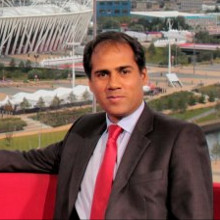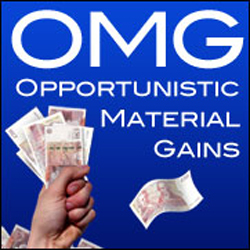At Berkshire Hathaway’s AGM in Omaha Buffett and Munger spend over six hours answering questions. I thought it might be worthwhile passing on some of these ideas.

In May 2016 Buffett and Munger were asked about the search for businesses generating very high rates of return on capital. They would like to find one after another, but have to settle (mostly) for merely satisfactory rates of return.
“Q: You commented on the kinds of companies that Berkshire Hathaway liked to buy, those that required a small amount of capital. Today, the company invests in companies that need tons of capital expenditures, are overregulated and earn lower returns on equity capital. Why did this happen?”
Warren Buffett: – It’s one of the problems of prosperity. The ideal business is one that takes no capital, but yet grows. There are a few businesses like that. We own some, but we’d love to find one we could buy for $10, $20, or $30 billion that is not capital intensive in any way. We may, but it’s harder, and that does hurt us in terms of compounding earnings growth. Obviously, if you have a business that grows and gives you a lot of money every year and doesn’t take it, it isn’t required in its growth, you get a double-barrel effect. See’s Candy was a good example of that.
Back when the newspaper business was good, Buffalo Newspaper was making $40 million a year and had no capital requirements. We could take that whole $40 million and go buy something else with it.
Increasing capital acts as an anchor on returns in many ways. One is it drives us into businesses that are much more capital intensive. We have a $3.6 billion investment coming up in wind generation. We pledged, overall, to have $30 billion in renewables.
Anything that Berkshire Ha…………………………………..To read the rest of this article, and more like it, subscribe to my premium newsletter Deep Value Shares – click here http://newsletters.advfn.com/deepvalueshares/subscribe-1

 Hot Features
Hot Features












